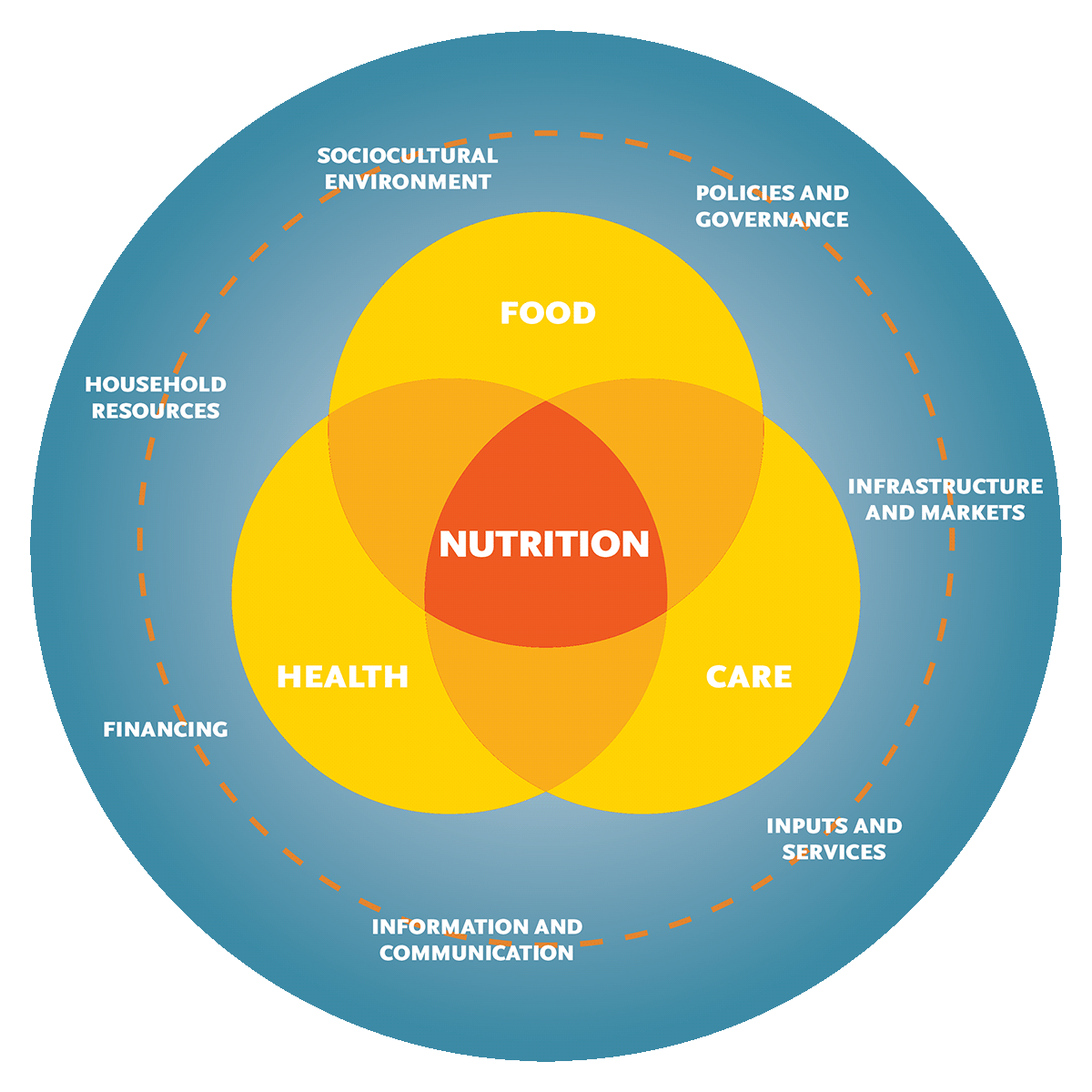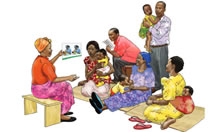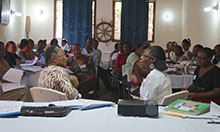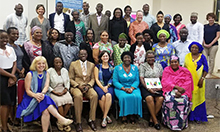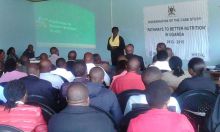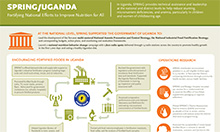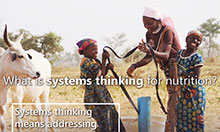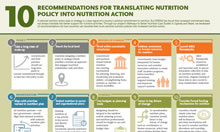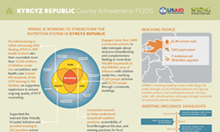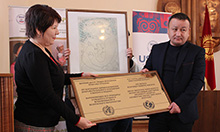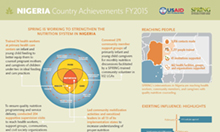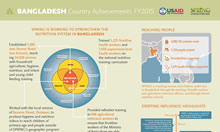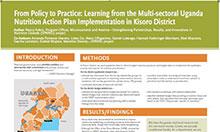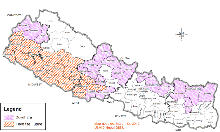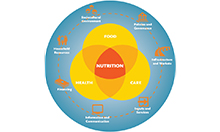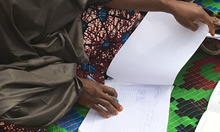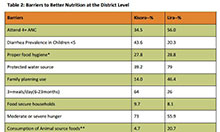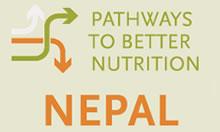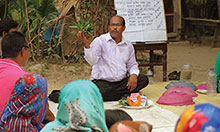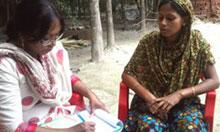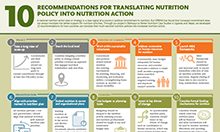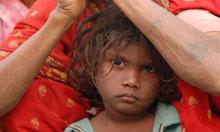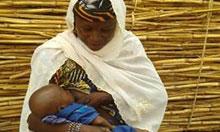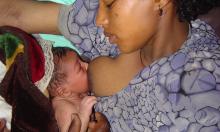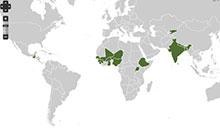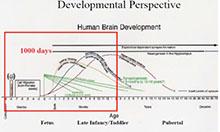The United States Agency for International Development’s (USAID) Multi-sectoral Nutrition Strategy (2014-2025) recognizes the "multi-factorial causation" of malnutrition ( USAID 2014a), calling for multisectoral approaches. Such approaches can generate a wider range of benefits than single sector approaches ( World Bank 2013). Evidence increasingly suggests that solving malnutrition can benefit from a systems approach ( WHO 2009; Hammond and Dubé 2012). “Systems thinking” means paying attention to the unpredictable interactions among actors, sectors, disciplines, and determinants of nutrition. That thinking results in new ways of approaching, analyzing, and solving challenges, which must be applied through policy development, program design, implementation, and research.
Practitioners working in nutrition must start thinking about the effect food, health, and education systems have on nutrition practices and outcomes. To do this, SPRING identified several cross-cutting factors 1 that influence, interact, and impact one another and nutrition outcomes. These include:
- policies and governance;
- infrastructures and markets;
- inputs and services;
- information and communication;
- financing;
- household resources; and
- the sociocultural environment.
As articulated in its working paper, SPRING approaches systems in two ways – by articulating and promoting systems thinking for nutrition and by strengthening specific components of those systems. To do so, we gather and build evidence, develop tools and other guidance, build capacity through technical assistance and training, and share learning through strategic communication. An important step in this has been to explore and document how we and other implementing partners can most effectively scale up nutrition interventions.
1 To do this, SPRING built on the UNICEF framework of the causes of malnutrition (2013) and the World Health Organization’s building blocks for health systems (WHO 2010), and broadened them to include the producer, consumer, and nutrition sub-systems (Sobal et al. 1998).
References
Hammond, R.A., and L. Dubé. 2012. A systems science perspective and transdisciplinary models for food and nutrition security. Proceedings of the National Academy of Sciences 109 (31):12356–12363.
Sobal J., L. Kettel Khan, and C. Bisogni. 1998. A conceptual model of the food and nutrition system. Social Science & Medicine, 47(7), 853-863.
USAID. 2014a. Local Systems: A framework for supporting sustained Development. Washington D.C.: USAID.
World Bank. 2013. Improving Nutrition Through Multi-sectoral Approaches. Washington, DC: World Bank.
WHO (World Health Organization). 2010. Monitoring the building blocks of health systems: a handbook of indicators and their measurement strategies. Geneva, Switzerland: WHO. http://www.who.int/healthinfo/systems/monitoring/en/
WHO (World Health Organization). 2009. Systems Thinking for Health Systems Strengthening. Don de Savigny and Taghreed Adam (eds). Geneva, Switzerland: WHO.
Zoellick, R. 2010. “Remarks for Opening Plenary of the High-Level UN Meetings on the MDGs.” United Nations General Assembly, New York, NY, September 20, 2010.
